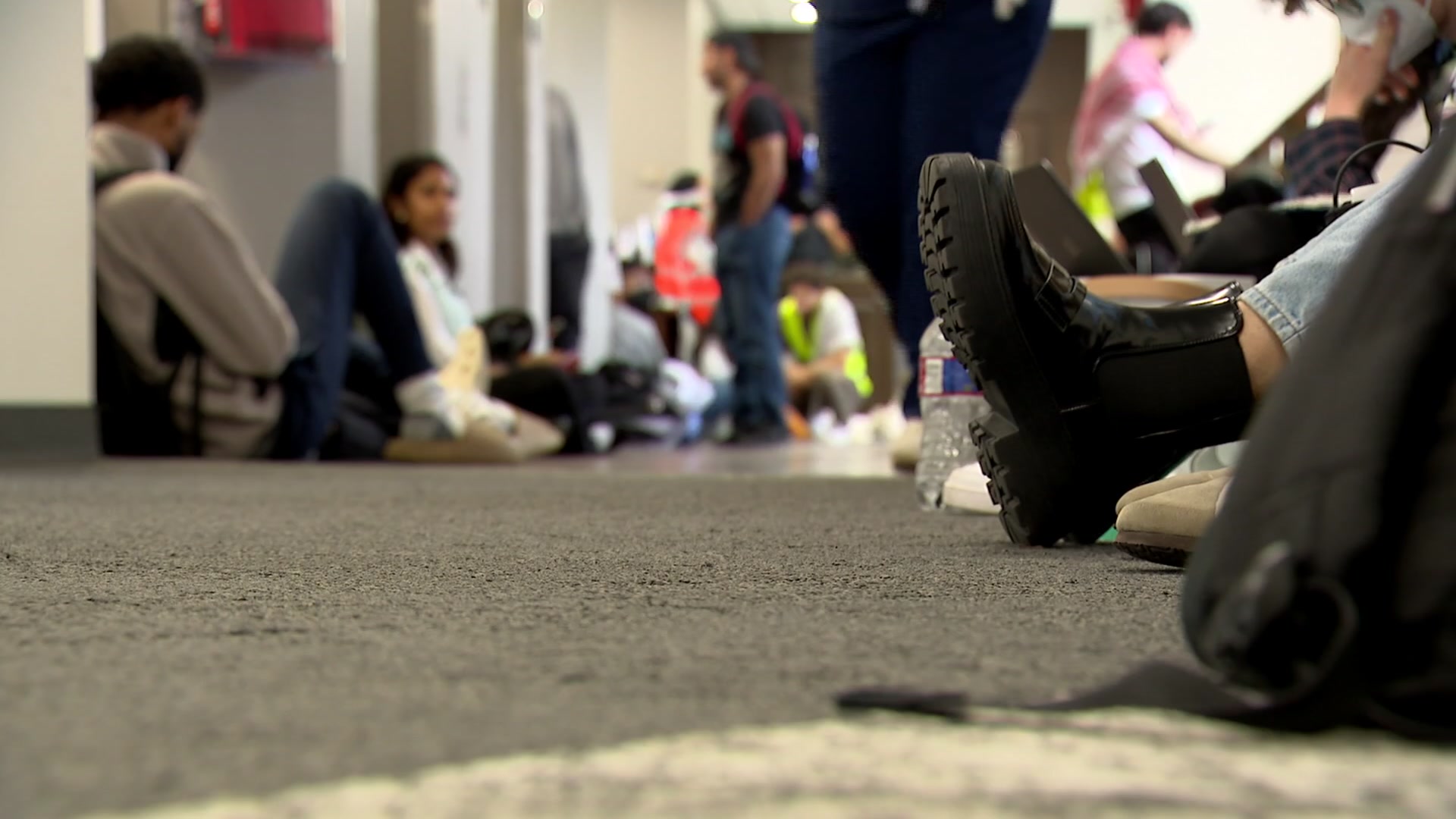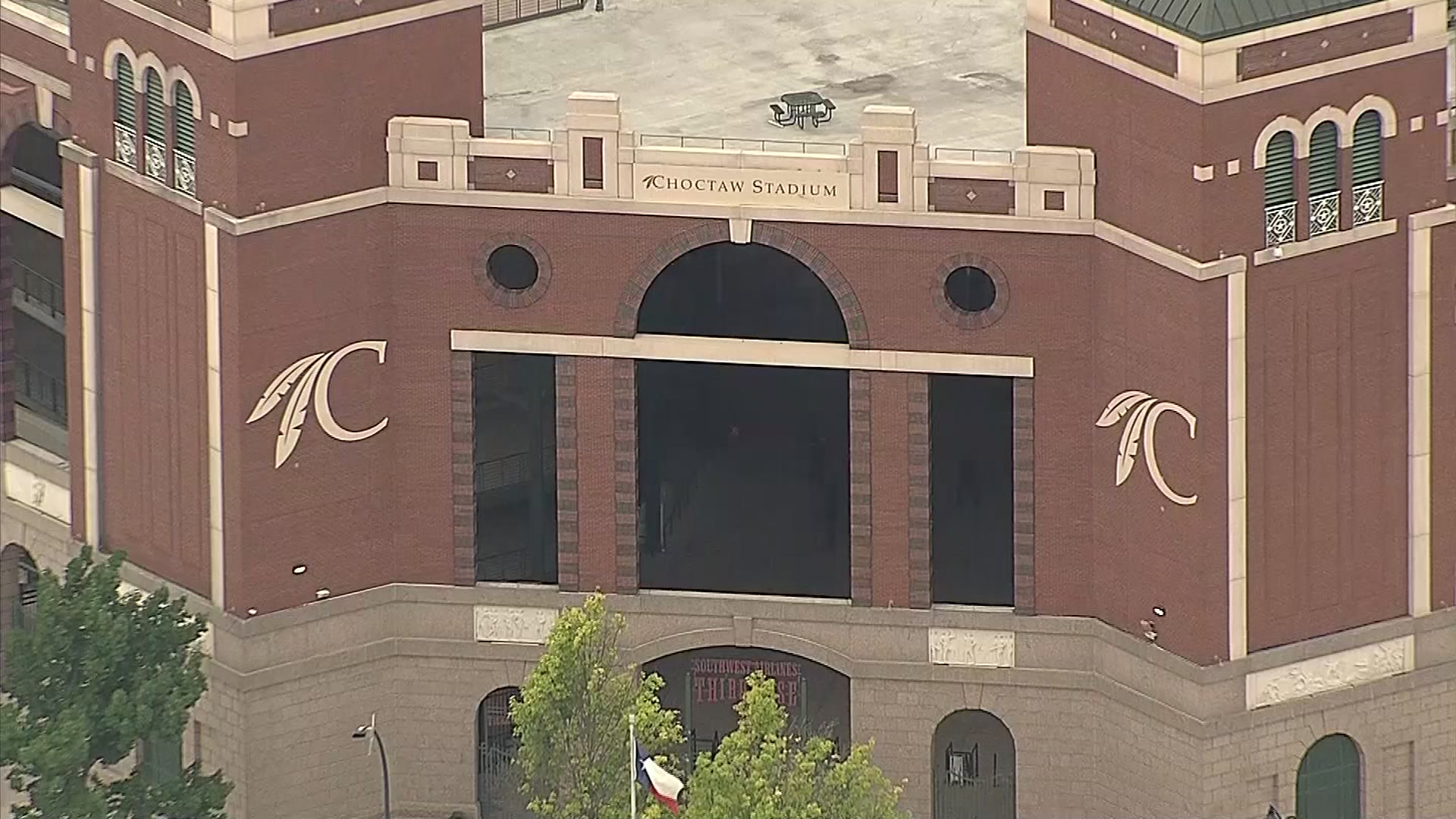Though the next legislative session won't take place until 2019, Gov. Greg Abbott Tuesday released details of a "proposal to rein in skyrocketing property taxes in the Lone Star State and provide greater transparency to voters in the process."
Abbott's plan would:
- Place a 2.5 percent revenue growth cap on property tax revenue per year. Voter approval would be needed if local governments wanted to raise the cap to more than growth in population and inflation.
- Require locally elected officials who oversee taxing districts to vote to increase property appraisals, making the process more transparent and holding elected leaders accountable to the voters.
- Restrain local debt, a major driver of property tax increases.
“With the skyrocketing rise in property taxes, more and more Texans face the risk of being forced out of the homes they have lived in for decades,” said Governor Abbott. “Young families who are just starting out are having trouble affording their first home and businesses are unable to grow and hire more workers. Enough is enough. Under the plan I am announcing today, Texas will take action to limit property tax growth, secure private property rights and ensure that Texas remains the most exceptional state in the nation.”
The governor's 2.5 percent cap may prove to be a tough sell with Texas lawmakers who, during the 2017 legislative session, failed to pass any property tax reform that included caps at six or even four percent.
Abbott's statement Tuesday said local debt is one of the largest drivers of property tax increases, as local municipalities move to try to find ways to pay for more city services. Abbott is pushing for more transparency between the cities and those who pay to live there.
"Texas has the second highest per capita local debt in the nation and this is one of the biggest drivers behind the increase in property taxes because property taxes are the primary source of revenue for local governments. Governor Abbott’s plan will also improve the transparency of local debt by requiring local governments to post their debt obligation online, require a two-thirds supermajority vote to approve the issuance of new local debt, prohibit debt from being used for non-specified purposes and restrict the use of certificates of obligation."
NBC 5 used the combined effective tax rates, city and school district only (no county levies), to compare the tax due on a $300,000 home in several North Texas cities. The tax due shown on the graph below, which shows how living in one area compared to another may cost more in taxes due.

The chart above was created using data sourced from the Texas Comptroller's office (2016) and only includes city and school district tax rates. It does not include any special county tax levies, for hospitals, community colleges, water districts, etc. Complete listings for county and special district levies can be found here, at the website for the office of the comptroller.
NBC 5 spoke to McKinney Mayor George Fuller about the plan. He said he appreciates the governor 's leadership in addressing the isssue.
Local
The latest news from around North Texas.
"What I would really like to see the governor address and what is really needed for residents and taxpayers is our school finance,” said Fuller. "We are left with an $18 billion deficit that we make up as taxpayers."
State Rep. Chris Turner (D-Arlington) Chair of the Texas House Democratic Caucus, released the following statement in response to the governor's tax plan:
“Property taxes are too high, and that’s because Governor Abbott and the Republican Legislature rely on rising school district property tax collections to balance the state budget. Under Gov. Abbott, the state’s spending on public education is actually declining this year, forcing homeowners to pick up more of the slack. Any plan that purports to address property taxes without refor ming our broken school finance system is not a serious plan. Texans expect the governor and lawmakers to make our public schools a priority. Gov. Abbott’s plan is also a remarkable attack on the cities that drive the Texas economy. His plan bemoans the growth of public sector employees, as if a state that has grown by more than 3 million people since 2010 should be able to get by with the same number of police officers and firefighters. Finally, it is surprising and concerning that the Abbott plan proposes we emulate states like New Jersey, Massachusetts, Idaho, Kentucky and West Virginia, all of which impose income taxes.”
Abbott's office said the plan does say school funding should be increased. Read more about the governor's plan below.



